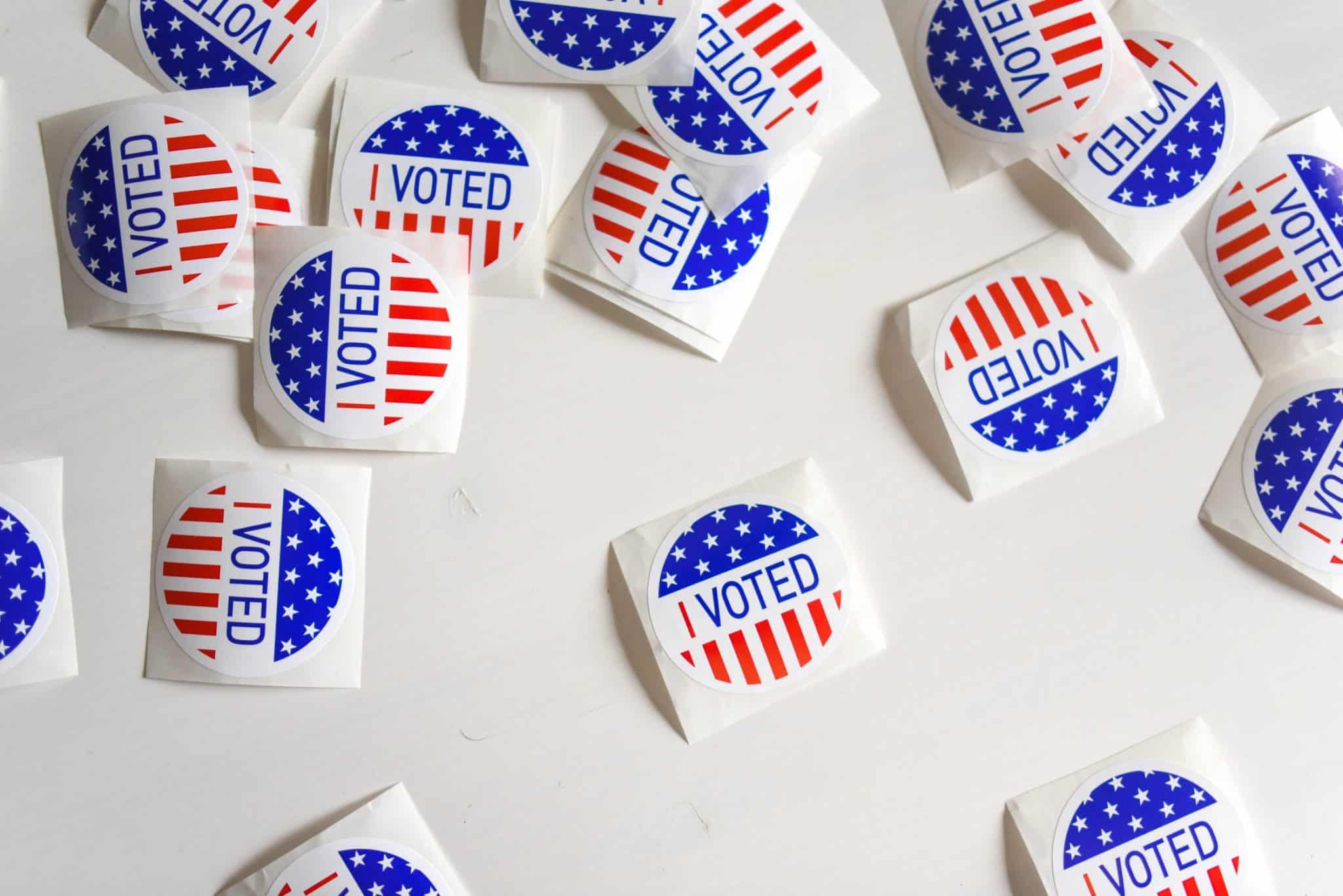
Leigh Thomas is a student at Harvard Law School.
Voters took to the polls in fourteen states for Super Tuesday yesterday. As The New York Times reports, former Vice President Joe Biden won big: winning in states across the South and in several states where he did not seriously campaign. Senator Bernie Sanders won prized delegates in California, along with Colorado, Utah, and his home state of Vermont. The New York Times identified Michigan as a key battleground for Bernie Sanders to challenge Joe Biden’s rising momentum. Michigan unions so far have withheld any major endorsements, according to the Detroit Free Press. This is in line with other major unions withholding endorsements, as Jacob and others have noted in recent days.
Lawmakers in Congress are in early stage negotiations to reauthorize the National Apprenticeship Act (NAA), the federal law governing apprenticeships and on-the-job training. Bloomberg Law reports that the bipartisan effort to reauthorize the law may be jeopardized by the White House’s push to include a plan to create an alternative Industry-Recognized Apprenticeship Program (IRAP). The current draft of the reauthorization bill does not include the IRAP model. Unions view adding IRAPs to the NAA as a non-starter, but the White House may not approve the law without them. The House Committee on Education and Labor released this fact sheet about NAA reauthorization.
The National Labor Relations Board issued a ruling on Tuesday against a New York business owner who closed down his truck repair shop and fired two workers after hearing they intended to join a union. As Bloomberg Law reports, the NLRB ruling required the business to reopen, rehire the workers, and recognize their union. An order to skip union election and proceed to bargaining is an unusual remedy reserved for egregious instances of anti-union behavior. The NLRB also required the truck repair shop to compensate the two workers for earnings they lost due to the terminations.
Professor David Doorey of York University has announced a new collaborative blog/website called Canadian Law of Work Forum. CLWF will post short original articles on issues related to work law and labor policy. The blog is seeking post submissions relating to research, recent case law, legislative reform and debates, and labor policy. CLWF encourages posts dealing with comparative issues of general interest to the international labor law community.






Daily News & Commentary
Start your day with our roundup of the latest labor developments. See all
February 13
Sex workers in Nevada fight to become the nation’s first to unionize; industry groups push NLRB to establish a more business-friendly test for independent contractor status; and UFCW launches an anti-AI price setting in grocery store campaign.
February 12
Teamsters sue UPS over buyout program; flight attendants and pilots call for leadership change at American Airlines; and Argentina considers major labor reforms despite forceful opposition.
February 11
Hollywood begins negotiations for a new labor agreement with writers and actors; the EEOC launches an investigation into Nike’s DEI programs and potential discrimination against white workers; and Mayor Mamdani circulates a memo regarding the city’s Economic Development Corporation.
February 10
San Francisco teachers walk out; NLRB reverses course on SpaceX; NYC nurses secure tentative agreements.
February 9
FTC argues DEI is anticompetitive collusion, Supreme Court may decide scope of exception to forced arbitration, NJ pauses ABC test rule.
February 8
The Second Circuit rejects a constitutional challenge to the NLRB, pharmacy and lab technicians join a California healthcare strike, and the EEOC defends a single better-paid worker standard in Equal Pay Act suits.